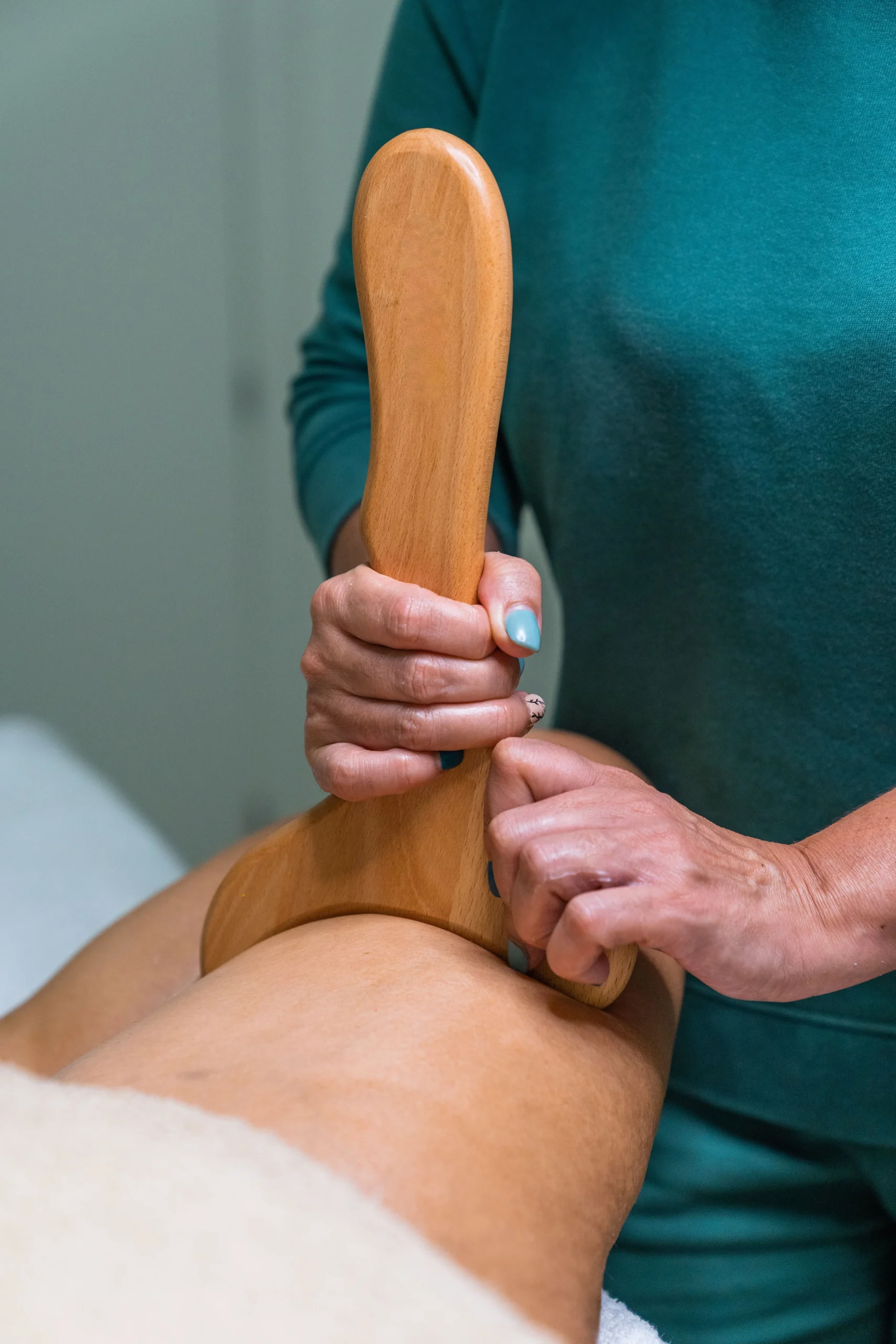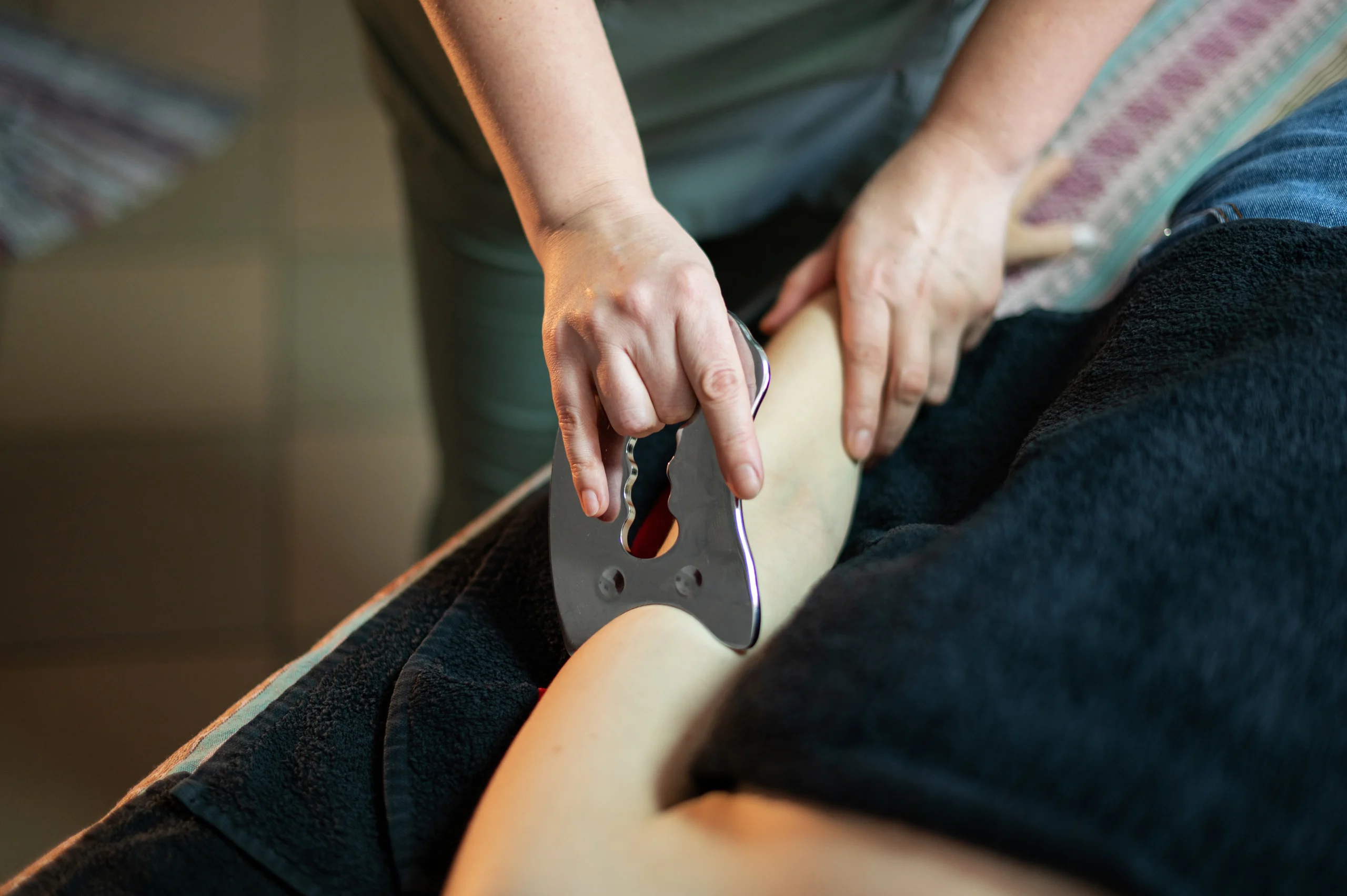IASTM Treatment in Langley
If you’re struggling with muscle pain, stiffness, or soft tissue injuries, IASTM treatment in Langley offers a proven, non-invasive solution to speed up healing and improve mobility. Instrument-Assisted Soft Tissue Mobilization (IASTM) is a specialized manual therapy technique designed to detect and treat soft tissue dysfunction through the use of precise instruments. At our clinic in Langley, we provide expert IASTM treatment that helps patients recover from injuries, reduce pain, and restore optimal function.
What is IASTM Treatment?
IASTM is a modern therapeutic approach that uses handheld instruments to gently scrape and mobilize the skin and underlying soft tissues, such as muscles, tendons, and fascia. This treatment helps break down scar tissue, adhesions, and fascial restrictions that often cause pain and limit movement. The use of tools allows therapists to apply targeted pressure with better control and accuracy compared to traditional hands-only methods.
IASTM treatment promotes increased blood flow, encourages the body’s natural healing process, and reduces inflammation in the affected areas. It is commonly used to treat conditions like tendonitis, plantar fasciitis, ligament injuries, muscle strains, and chronic pain syndromes.
Why Choose Us for IASTM Treatment in Langley?
Living in Langley means you have access to some of the best healthcare professionals skilled in advanced soft tissue therapies. Here’s why IASTM treatment at our Langley clinic stands out:
- Experienced Practitioners: Our licensed therapists are trained extensively in IASTM techniques and understand the anatomy and biomechanics of the body to tailor treatments to your specific needs.
- Personalized Care: Every injury is unique. We assess your condition thoroughly and develop a customized treatment plan that targets the root cause of your discomfort.
- Safe and Effective: IASTM is a safe method with minimal side effects. It’s non-invasive, drug-free, and can be used alongside other therapies like physiotherapy and chiropractic care for comprehensive rehabilitation.
- Faster Recovery: By breaking down scar tissue and improving tissue elasticity, IASTM speeds up recovery time, allowing you to return to your daily activities and sports faster.

Conditions Treated with IASTM
IASTM treatment is versatile and beneficial for a wide range of soft tissue injuries and chronic conditions, including:
- Tendonitis and Tendinopathy (e.g., tennis elbow, Achilles tendonitis)
- Plantar Fasciitis
- Muscle Strains and Sprains
- Ligament Injuries
- Myofascial Pain Syndrome
- Scar Tissue and Adhesions
- Frozen Shoulder
- Carpal Tunnel Syndrome
- Shin Splints
Whether you are an athlete recovering from an injury or someone suffering from chronic pain, IASTM treatment can be an effective part of your rehabilitation journey.
What to Expect During Your IASTM Treatment Session in Langley
During your session, your therapist will first conduct a thorough assessment to understand your condition and identify areas of tissue restriction. The treatment involves gently stroking the skin and muscles with specially designed stainless steel instruments. You may experience some mild discomfort or redness during and after treatment, which is normal and indicates the therapy is stimulating the healing process.
Each session typically lasts between 20 to 40 minutes and can be combined with exercises, stretching, and other therapeutic modalities for optimal results. Most patients notice improved range of motion and reduced pain within a few sessions.
Why IASTM is a Game-Changer in Soft Tissue Therapy
Unlike conventional massage or manual therapy, IASTM provides a mechanical advantage through precision instruments, allowing therapists to:
- Detect subtle soft tissue dysfunction that might be missed by hands alone
- Apply consistent pressure to targeted areas
- Stimulate fibroblast activity, which is essential for tissue repair
- Improve overall tissue health and reduce chronic inflammation
This targeted approach makes IASTM an effective tool for both acute injuries and long-term soft tissue problems.

Book Your IASTM Treatment in Langley Today!
If you’re looking for a trusted clinic offering professional IASTM treatment in Langley, look no further. Our dedicated team is here to support your recovery and help you regain pain-free movement with tailored, expert care.
Contact us today to schedule your appointment or to learn more about how IASTM can benefit you. Take the first step towards faster healing and improved mobility with our specialized IASTM treatment in Langley. Your path to recovery starts here!
